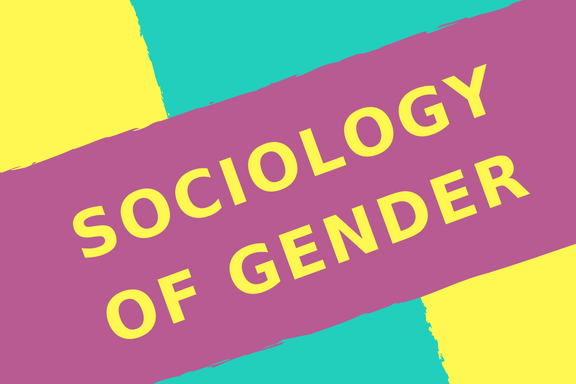This course is an introduction to sociological theories of gender. It presents foundational debates in the study of gender to explore how hegemonic femininity and masculinity are not only reproduced in identity, discourse, interactions, organizations, and institutions, but also how they resisted and reconfigured at the individual and collective levels. Although we will adopt gender as our primary analytic lens, this course takes an intersectional approach by examining gender in the context of multiple forms of inequality and domination.
Our semester will be divided into two parts. The first half of the course provides an overview of feminist theories of gender inequality. It is designed to assist students who are preparing for comprehensive examination in the sociology of gender or who want a broad understanding of the sub-field. Students will become familiar with the main paradigms that have guided the sociological study of gender, understand how they have been applied in social science research, and evaluate their strengths and weaknesses. In the second half of the course, we will read contemporary works analyzing gender inequality, many of which have been recognized as exemplars in the field. My goal is for students to understand their theoretical and methodological innovations and then use them to inspire their own empirical and theoretical projects.
The course is intended for graduate students in sociology and assumes a graduate-level understanding of sociological theory and methods.
Syllabi:
- Fall 2020
- Fall 2018








